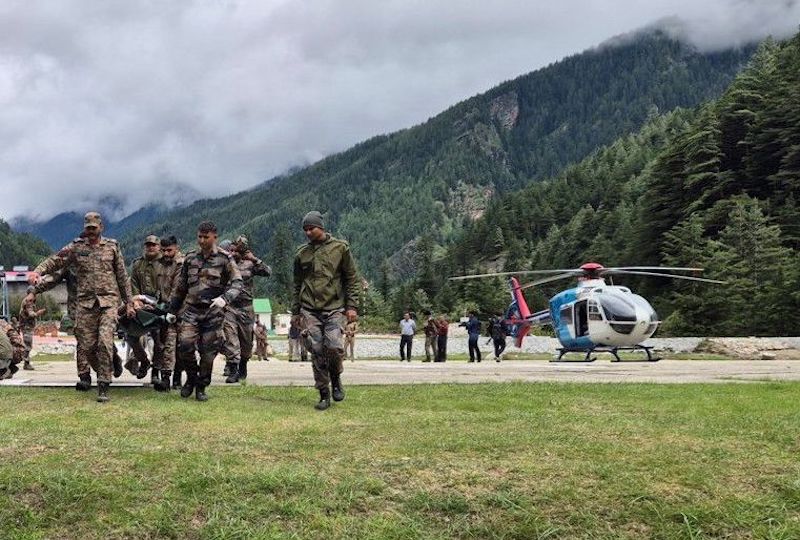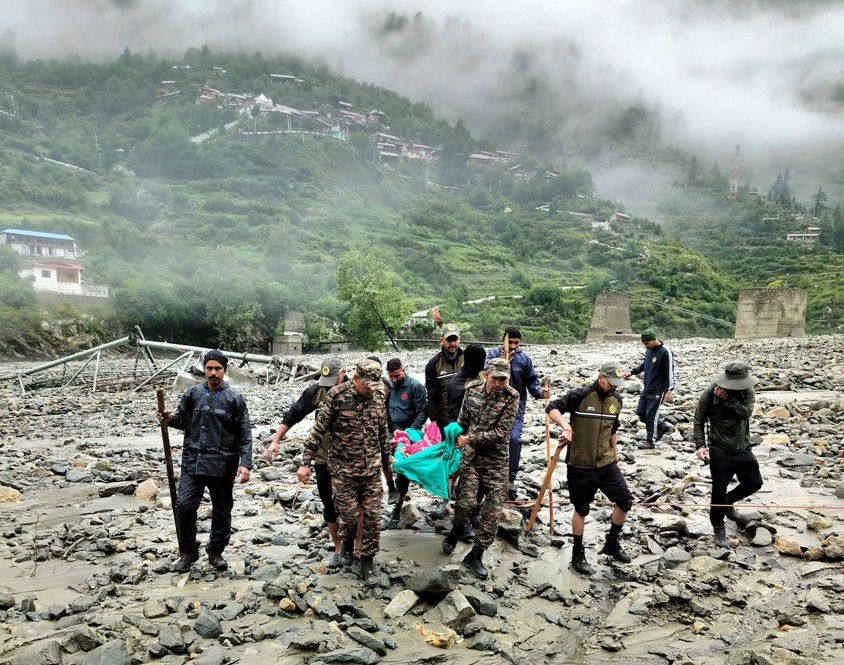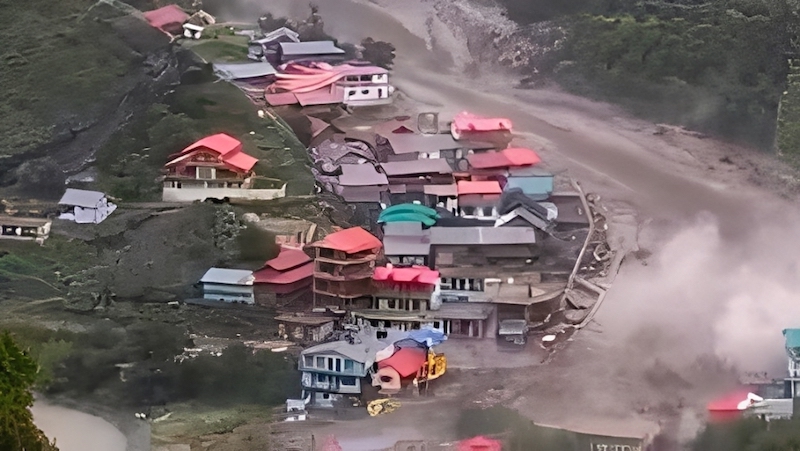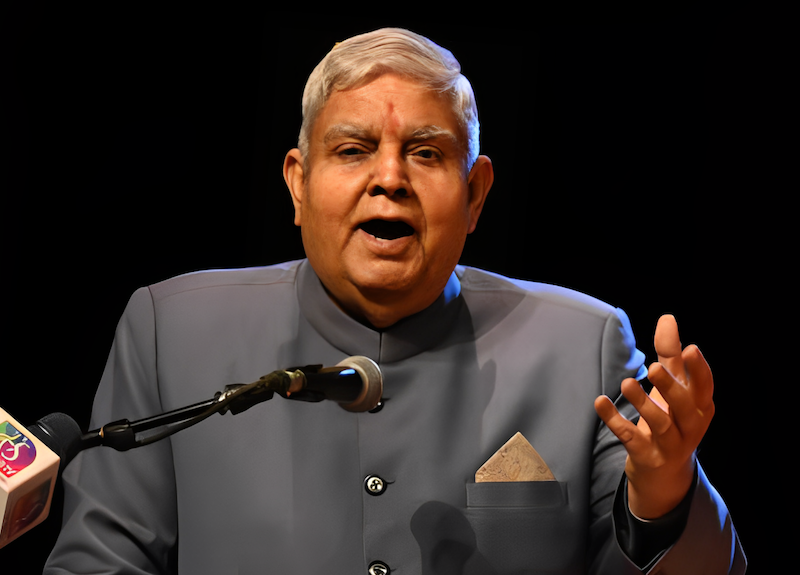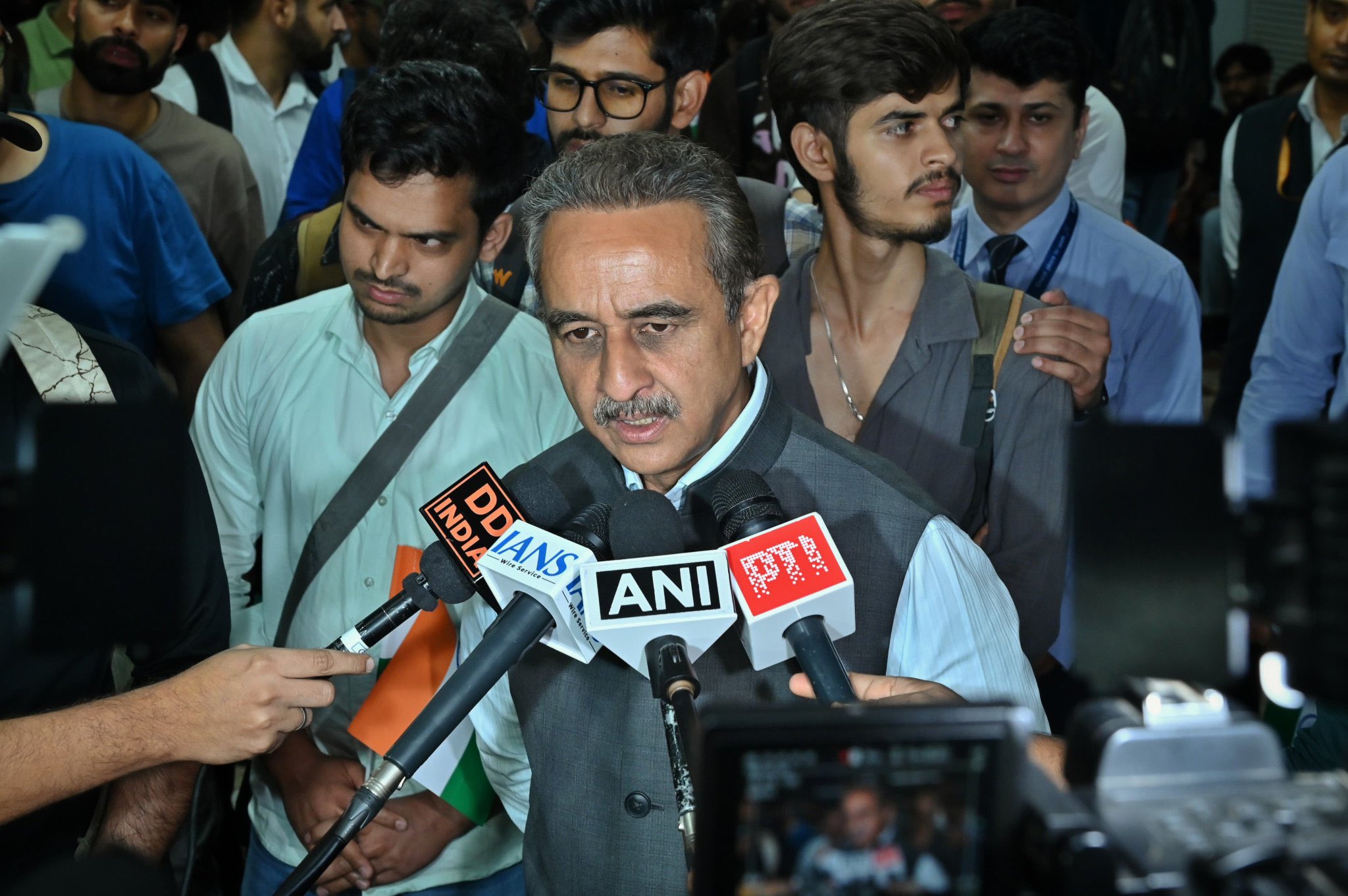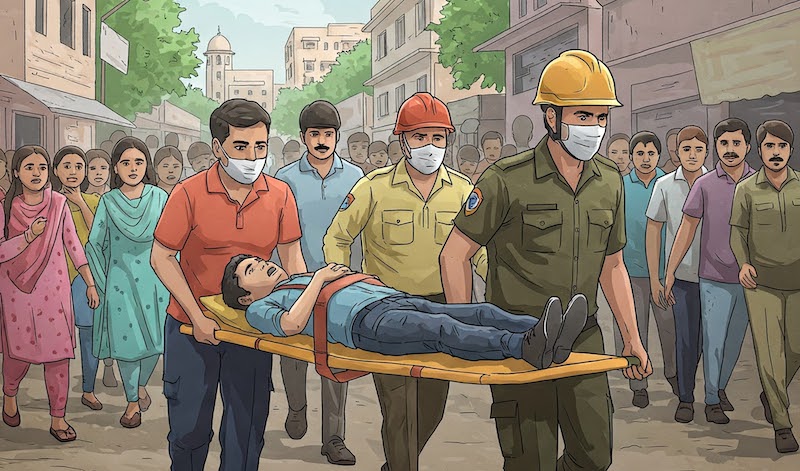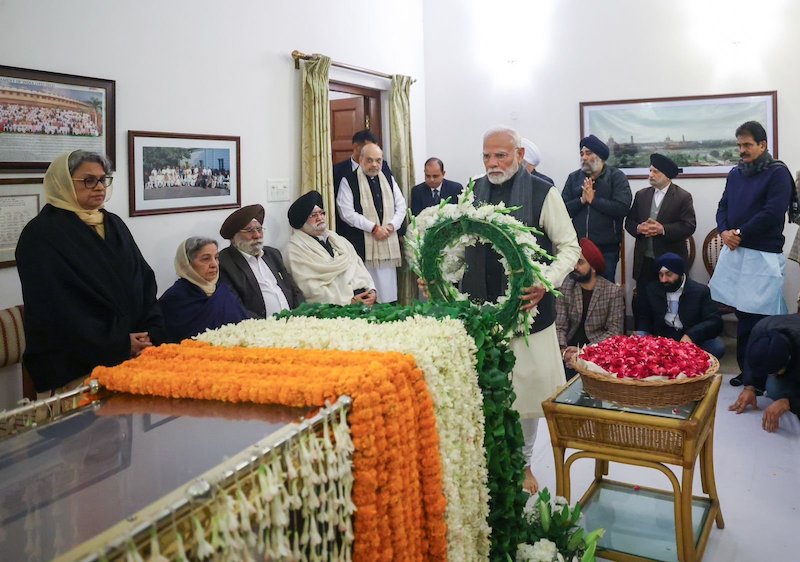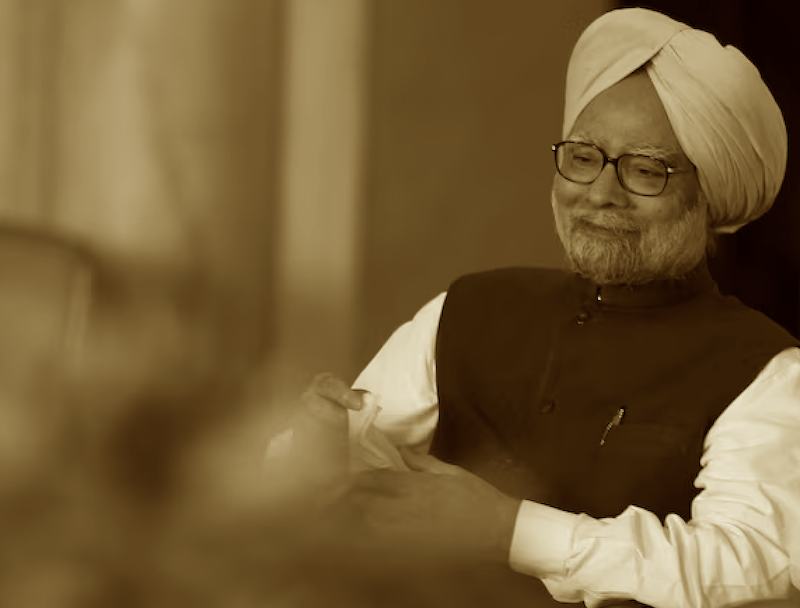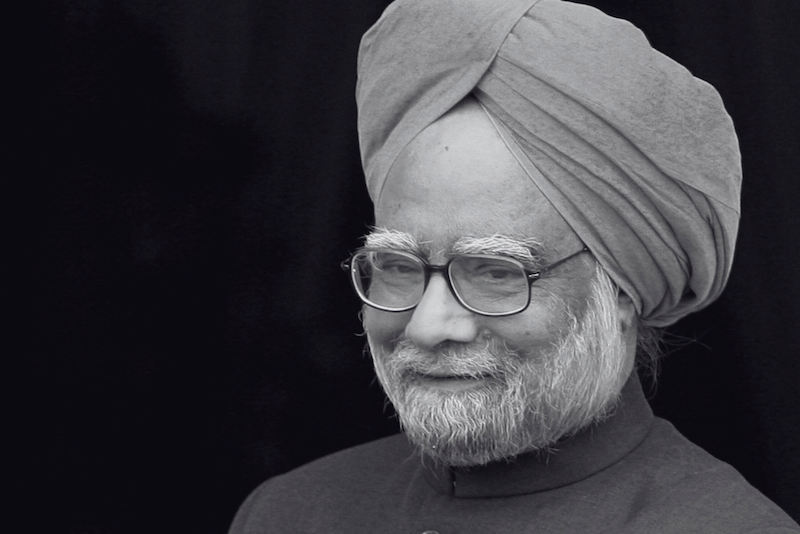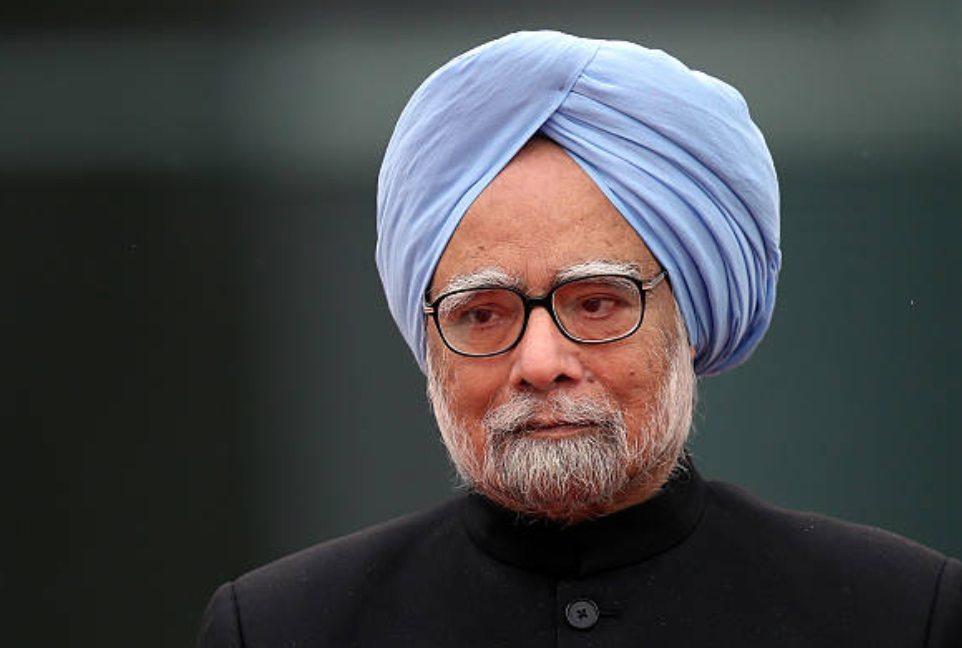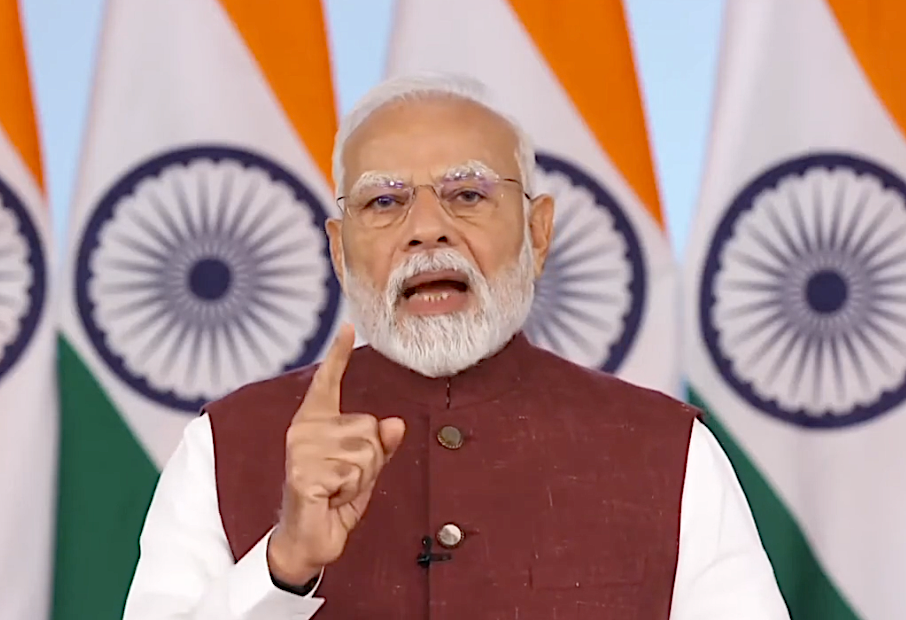 Narendra Modi during his address to the nation, on May 12, 2025.
Narendra Modi during his address to the nation, on May 12, 2025.
New Delhi: The prime minister, Narendra Modi, delivered a landmark address to the nation on Monday night, breaking his silence following the launch of Operation Sindoor. In the wake of the devastating Pahalgam terror attack, which claimed 28 innocent lives on April 22, Modi’s speech was both a tribute to the victims and a resolute declaration of India’s new approach to terrorism.
The address outlined the rationale, execution, and implications of Operation Sindoor, and signalled a doctrinal shift in India’s security policy and sending a stern message to Pakistan and the global community.
Modi began by recalling the “barbarity” of the Pahalgam terror attack, which he described as “the most gruesome face of terror and cruelty.” The attack, targeting civilians – many of them women and children – shocked the nation and the world. Modi emphasized that the assault was not only an act of violence but also a deliberate attempt to fracture India’s social harmony and unity.
He expressed personal pain at the incident and noted that it had united citizens across communities, political parties, and classes in a demand for decisive action against terrorism.
Paradigm Shift in Counterterrorism Strategy
Modi declared that Operation Sindoor was not merely a military response, but a “doctrinal change and a policy against terrorism”. He stated unequivocally, “Operation Sindoor is now India’s new policy against terrorism, a new line has been drawn.”
The operation, launched on the intervening night of May 6 and 7, involved deep strikes into Pakistan and Pakistan-occupied Kashmir, targeting terror infrastructure linked to groups such as Lashkar-e-Taiba, Jaish-e-Mohammed, and Hizbul Mujahideen.
He underscored that India’s response was guided by a zero-tolerance policy towards terrorism, and that the days of restraint in the face of cross-border terror are over. “This is not an era of war, but also not an era of terrorism,” he said, directly addressing Pakistan and the international community.
Modi paid tribute to the bravery and professionalism of the Indian armed forces, intelligence agencies, and scientists. He lauded their “immense courage” in executing Operation Sindoor, stating that their actions had fulfilled the nation’s pledge for justice. He dedicated their valour to the mothers, sisters, and daughters of India whose dignity had been attacked in Pahalgam.
Operational Details
The operation involved coordinated drone and missile strikes deep inside Pakistan, including in Bahawalpur and Muridke – areas Modi described as “universities of terror”. Over 100 terrorists were eliminated in the first three days, and nine high-value terror launchpads were destroyed. The strikes also targeted Pakistani military assets, with significant damage inflicted on airbases and infrastructure previously considered untouchable.
Modi made it clear that the Indian armed forces were given a “free hand” to wipe out terrorist threats, and that the operation demonstrated seamless triservice coordination among the Indian Army, the Indian Navy, and the Indian Air Force.
Modi warned that every terrorist and terror organization now understands the consequences of attacking India or attempting to “wipe the sindoor (vermilion) off the foreheads of our mothers and sisters.” He stressed that the distinction between terrorists and their state sponsors had been erased – both would be legitimate targets if India is attacked.
Addressing concerns over escalation, Modi asserted that India would not be cowed by “nuclear blackmail” from Pakistan. He indicated that while operations had been paused, future actions would depend on Pakistan’s behaviour, thus making it clear that the new policy is not a one-off but a continuing stance.
International Response
The prime minister highlighted that, unlike Pakistan, which targeted civilian areas and places of worship in India, Indian forces exercised restraint and precision, focusing only on terror infrastructure and military assets. This, he said, reflected India’s commitment to ethical conduct even in conflict.
Modi noted that the world’s leading powers had largely expressed support for India’s right to defend itself, which marked a departure from previous episodes where India was urged to exercise restraint. He emphasized that Operation Sindoor had helped shift the global narrative on Kashmir, framing India’s actions as a legitimate response to terrorism rather than a bilateral dispute.
The prime minister asserted that a new red line had been drawn – state-sponsored terrorism would now invite targeted, visible, and proportional retaliation. He warned that no part of Pakistan would be considered safe if terror emanates from its soil.
Modi made it clear that Operation Sindoor is not an isolated event but the “new normal” in India’s security doctrine. He stated that India would continue to act decisively against terrorism as and when required, and that the operation is a pledge to ensure justice for victims and security for all citizens.
Concluding his address, Modi reiterated his condolences to the families of the Pahalgam victims and reaffirmed the government’s steadfast commitment to justice. He called upon all Indians to remain united and vigilant, and assured the nation that the government would not rest until the threat of terrorism is eradicated.

